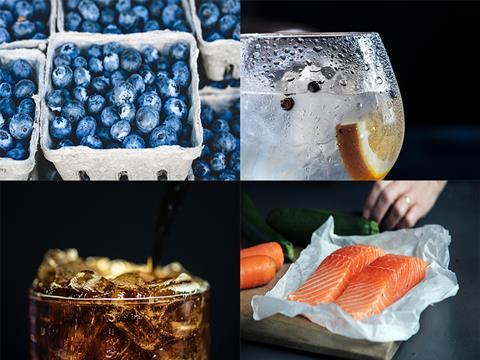
Flexitarianism, clean eating and a growing health-consciousness are shaping the nation’s food and drink buying habits, The Grocer’s Top Products survey has revealed.
While meat-free and vegan products are booming, cigarettes and sugary soft drinks are falling out of fashion, annual Nielsen sales data compiled for The Grocer has revealed.
The growing popularity of ‘superfoods’, free-from and sports nutrition products also highlights a growing emphasis on health in Britain’s buying habits.
Dairy-free was one of the biggest areas to benefit from the change in shopper behaviour. Following this year’s publicity around veganism, leading dairy-free brand Alpro gained £23.2m to reach total sales of over £200m [Nielsen, 52 w/e 8 September 2018]. The top 10 dairy-free brands in the data – including Alpro, Oatly and Koko – amassed value growth of over 20%.
Ready meals also profited from Brits cutting back on meat. Chilled ready meal sales grew £41.9m to be worth nearly £2.4bn this year, fuelled by meat-free options. Quorn was the fastest growing ready meal brand in the top five – up 22.4% to £13.6m – while Charlie Bighams had the greatest absolute gain of £11.4m on the back of its new vegetarian dishes.
There was also a rise in the consumption of fruit and veg branded ‘superfoods’. Blueberries were this year’s fifth fastest growing product in grocery with a £42.7m rise to reach £349.9m, while avocado volumes were up 8.4%. Salmon also made substantial gains of £30m to near the £800m mark.
This appetite for healthy products saw categories such as fruit, free-from and sports nutrition perform well this year. Free-from was the fourth fastest-growing category by absolute value (up £200.3m), while fruit was seventh with gains of over £140m. Sports nutrition was the fastest-growing category by percentage, up 20.8% to nearly £120m.
By contrast, tobacco lost its long-running place as the fastest-growing category. Rolling tobacco was only the fourth in this year’s list, lagging behind free-from, and cigarettes was the fastest falling category with losses of over £360m.
Instead, spirits took the title of the new fastest-growing category, amassing an extra £329m as more shoppers migrated away from wine. Carbonated drinks was in second place with an extra £247.7m. However, even the consumption of soft drinks had a healthy twist. The majority of the sector’s added value came from the introduction of the government’s soft drinks levy in April, as volumes remained flat overall. The largest gains came from low- or no-sugar variants such as Coke Zero, which added an extra £52.2m (38.6%) to its value, while full sugar lines lost out. Coca-Cola suffered the biggest volume loss of the year in carbonates, down 74.5 million litres.
“It’s not just Britain’s politics that are in upheaval,” said The Grocer editor Adam Leyland. “The food and drink we eat and the way we consume it is changing. Paradoxically we’re getting fatter but healthier. And it’s millennials and Gen Zers that are driving these twin trends. We are drinking and smoking less while embracing healthier options like low-calorie drinks and ice cream, but we are also indulging more in treats and snacks and takeaways.”
Nielsen’s UK head of retailer and business insight Mike Watkins said millennials were creating new markets in food and drink. “Shoppers are increasingly seeking out more flexible meal choices and driving demand for healthier food as well as meat- and dairy-free options,” he said. “Retailers need to sit up and take note - the landscape of the sector has changed immeasurably.”
The full results of our Top Products survey for all 48 grocery categories will go live on thegrocer.co.uk on Friday

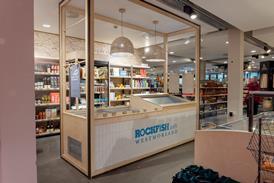
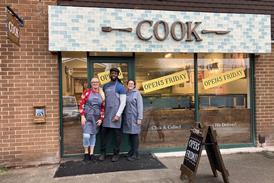
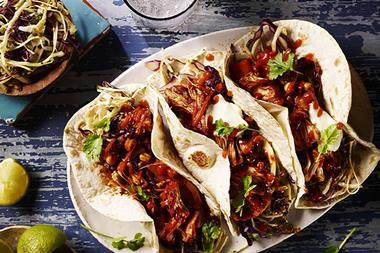
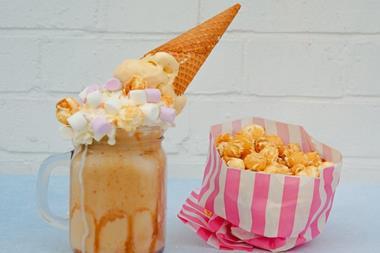


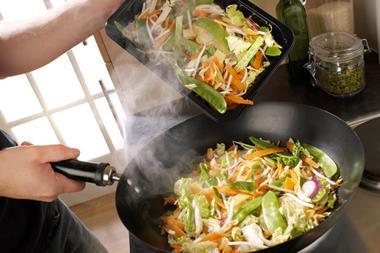
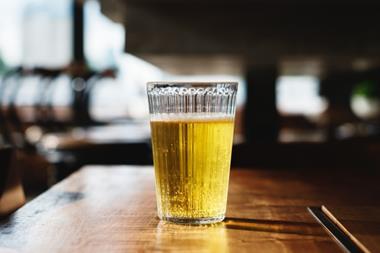
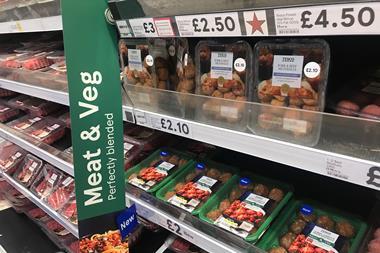

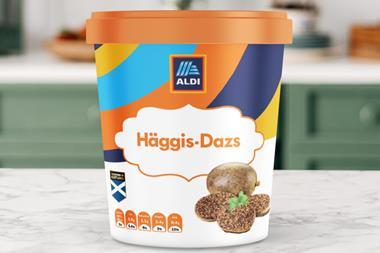

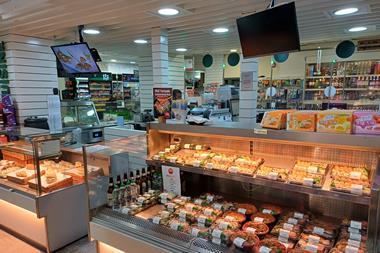

No comments yet